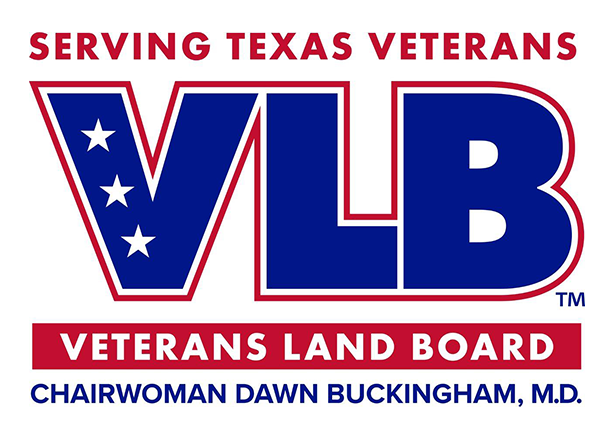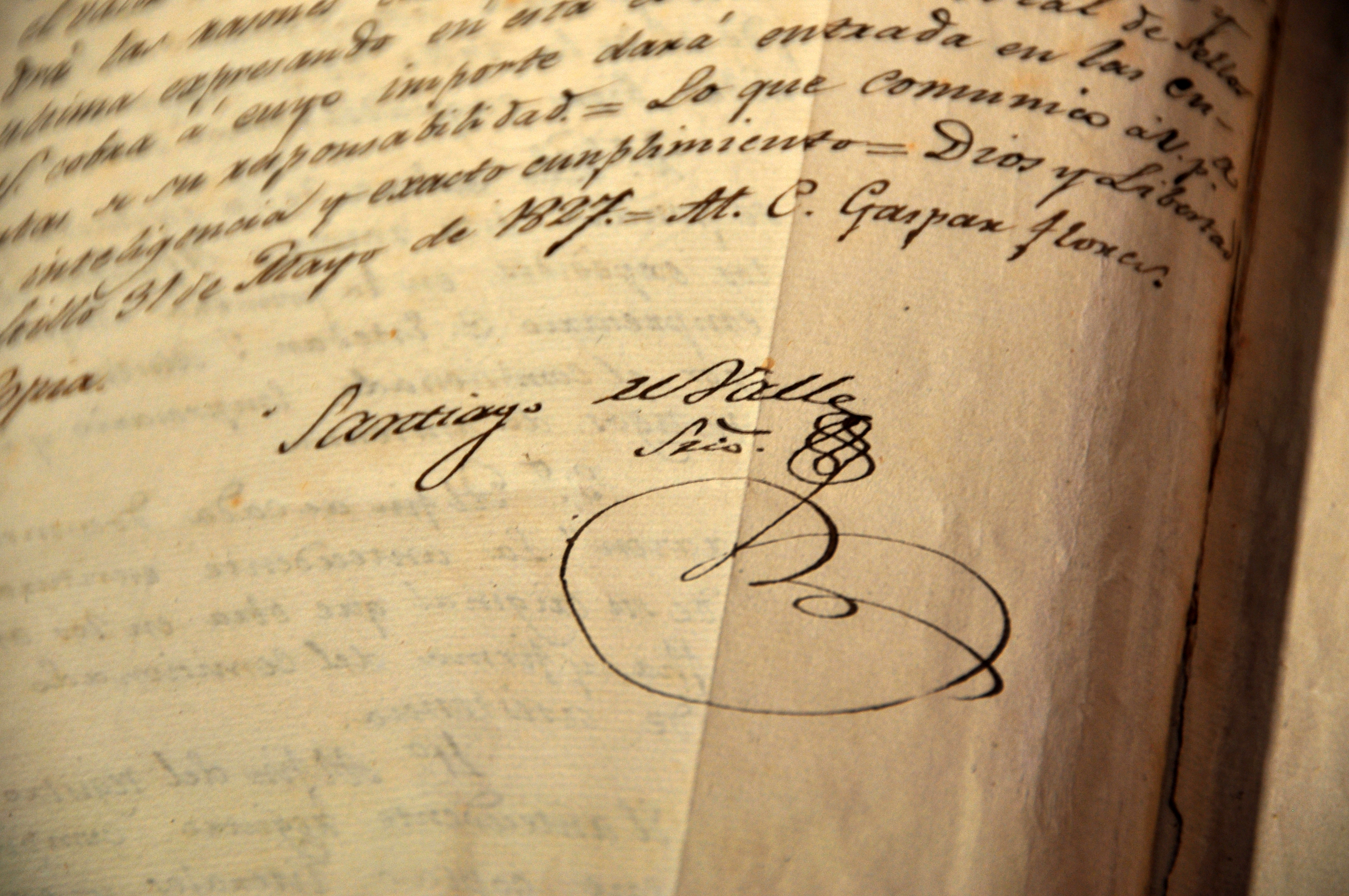AUSTIN — Today, Texas Land Commissioner and Veterans Land Board (VLB) Chairwoman Dawn Buckingham, M.D., is proud to introduce the next installment of the series highlighting the VLB's Voices of Veterans oral history program. This week, we highlight the service of Rear Admiral Judson "Jud" Scott, who served in the U.S. Navy and is a board member of the VLB.
Scott began his military career after entering college and transferring to study at the University of California at Santa Barbara. Rather than wait to be drafted into the Vietnam War, Scott decided to enlist in the U.S. Navy Reserves and become an officer, following in the footsteps of his father and grandfather, both Naval officers. Scott's son became a Naval Aviator.
Scott went to boot camp and then enrolled as a Navy reservist while he finished college. In 1968, he was commissioned and spent four years on active duty and served with the Submarine Force in the Pacific on the USS Tang 563, a post-World War II construction diesel-electric submarine.

While discussing his time on active duty, Scott demonstrated his extensive knowledge of submarines.
“It [the USS Tang 563] had quite a bit of history because it was modeled on the advanced German U-boats that were captured at the end of World War II. So, it had a lot of capabilities that the older submarines did not have. It could dive deeper and was more maneuverable. When they decided to explore nuclear power, they took the Tang’s hull design, modified it a little bit, made it bigger, and put a reactor compartment in it. It became the USS Nautilus, the first atomic submarine we had.”
Scott admitted that the submarine quarters were tight but marveled at everyone’s ability to adapt to these uncomfortable living conditions. His longest time submerged was 57 days, but he noted that the men didn’t go “stir crazy” and carried out their duties efficiently, even having some fun.

He recalled an incident when the submarine was stuck in a typhoon for nearly three days, trapped at the surface because the enormous 18 to 20-foot waves kept the diesel-powered submarine from submerging. Scott rode out the storm as a lookout to help the submarine avoid hitting any boats they may have encountered. However, the massive waves caused the submarine's rudder to stick out of the water as it crested them, making Scott’s task nearly impossible. He laughed while recalling what most would describe as a harrowing situation.
“I was up there getting pretty wet! I was the last officer on the bridge to do that because, at one point, we were getting so much water that they had me put on the safety harness. Eventually, they figured out even that wasn’t enough. When you hear the description, it sounds very dramatic, and I suppose in a way it was, but I loved it. I was up there whooping it up and having a great time. The force and power of the waves, nature, and the wind were just incredible. It was quite the adventure.”

Scott was in the reserves on a stand-by basis after finishing law school and passing the bar. Later, he became more involved in the reserves and joined the Submarine Program Unit, which supported the Submarine Squadron in San Diego. He then became the commander of that unit. Scott went on to join another unit that supported the submarine base in Pearl Harbor, which still gets together.
He served for 35 years and rose to the rank of Rear Admiral, a goal he set for himself as his efforts garnered more opportunities for advancement. As a Reserve Rear Admiral, Scott was one of the 48 admirals who essentially ran the Navy Reserves.
Scott participates in and supports several Veterans groups and organizations, big and small. When discussing how he became a board member of the Texas Veterans Land Board, he chuckled, saying, “My largest failing is that I’m unable to sit on my hands very well.” He admitted to retiring three times, first from the Navy, then from his law practice, and finally from serving as a judge. After moving to Texas with his wife, he realized, “If I’m going to give back, I’ve got to get involved.” He eventually applied for an appointment to the Texas Veterans Land Board. He has served as a board member since 2019.

Scott is exceptionally proud of how Texas takes care of its Veterans, noting that Texas now has the largest population of Veterans in the nation.
“As we travel around the country and do different things, as far as I know, we are the only state to have a program as well developed as we do. We not only have the land and home loan programs but also run the state Veterans' cemeteries and the Veteran's homes. Texas does this for Veterans who live here. You don’t have to have lived your entire life here or served while you were living in Texas. The great thing is that it’s all self-supporting.”
When advising the next generation interested in joining the military, Scott focuses on the magnitude of the decision and the incredible opportunities available to young people through military service.
"It’s a wonderful opportunity to gain maturity. It gives you an opportunity to start learning discipline, setting goals, and doing things that mature you much more quickly than you would otherwise. A decision to go into active duty is significant because you make a commitment. It’s not something to be taken lightly. Go in with your eyes open and know what you want to accomplish. The people I’ve talked with who have gone on to join the military say it’s one of the best decisions they’ve ever made.”
To listen to Rear Admiral Judson Scott tell his story, click the button below:
Rear Admiral Judson Scott's Story
RELATED: Voices of Veterans: Captain John Delcambre Shares His Story of Service in the United States Marine Corps and the United States Navy
RELATED: Voices of Veterans: Commissioner Buckingham Continues Series on General Land Office's Voices of Veterans Oral History Program
Veterans can email VoicesofVeterans@glo.texas.gov to tell their stories. Please note that the Veteran must be a resident of Texas at the time of their interview.
Voices of Veterans is a state agency's first Veteran oral history program. It records the stories of Texas Veterans through their time in service and after returning home from combat.
The VLB records interviews with Veterans over the phone or in person. Their interviews are then permanently archived in the Office of Veterans Records at the GLO, where they join the historical documents of other Texas heroes such as Sam Houston, Davy Crockett, Jim Bowie, and William Barret Travis.
Veterans' interviews are also available to researchers, historians, genealogists, and the public. These precious records inspire future generations and remind us of our Veterans' sacrifices.
To listen to the over 500 archived stories of Veterans documented through the GLO's Voices of Veterans oral history program, click the button below:
# # #
Texas Land Commissioner Dawn Buckingham, M.D., brings a lifetime of experience to the Texas General Land Office (GLO). In 2016, she became the first Republican elected to the Texas State Senate from Travis County and the first woman to represent Texas Senate District 24. She made history again in 2022, winning a statewide election to become our state’s first female Land Commissioner.









